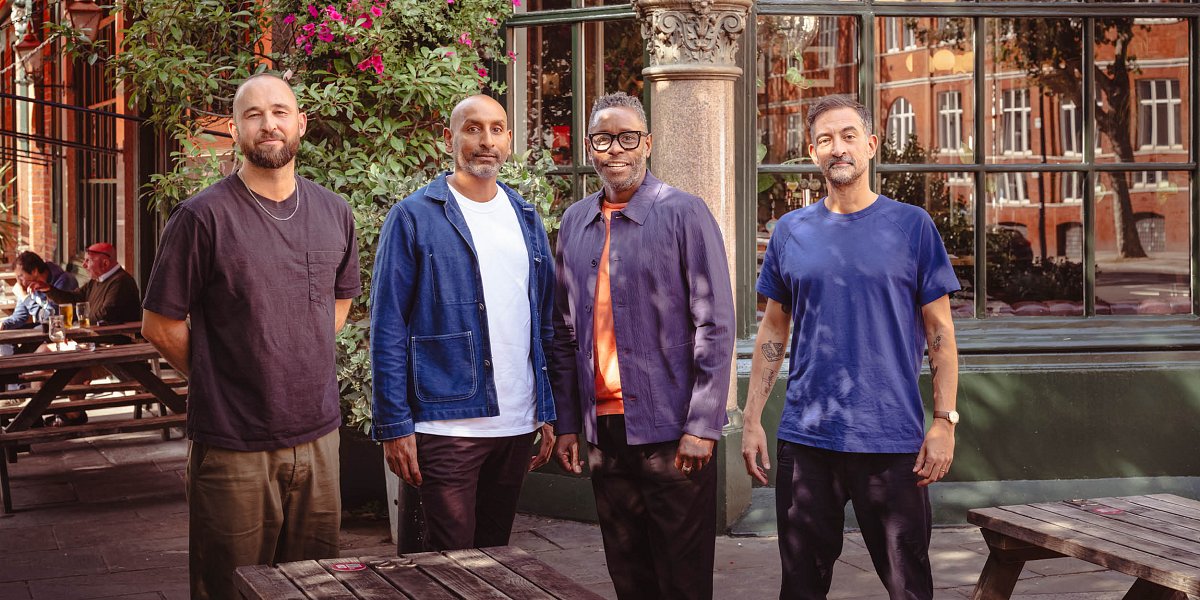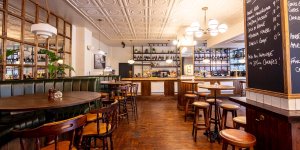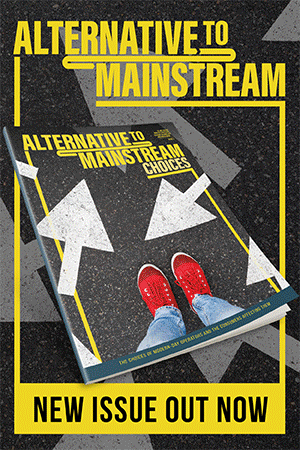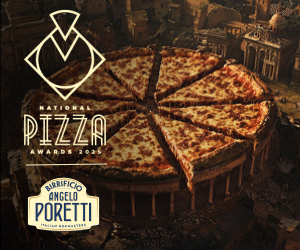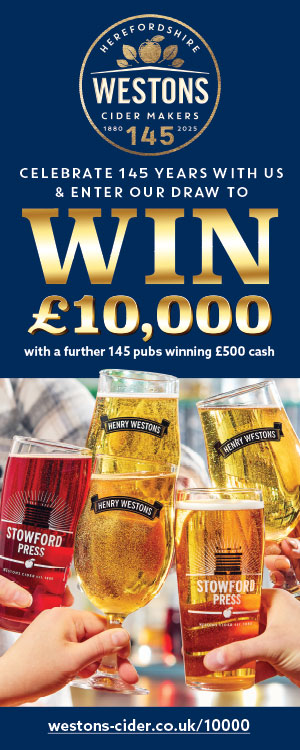Parched operator profile
As Parched London celebrated its 20th birthday at the end of last year, co-founder Isaac Tooby told Tristan O’Hana about lessons learned, pubs saved and changes seen in south London.
All photography: Paul Winch-Furness
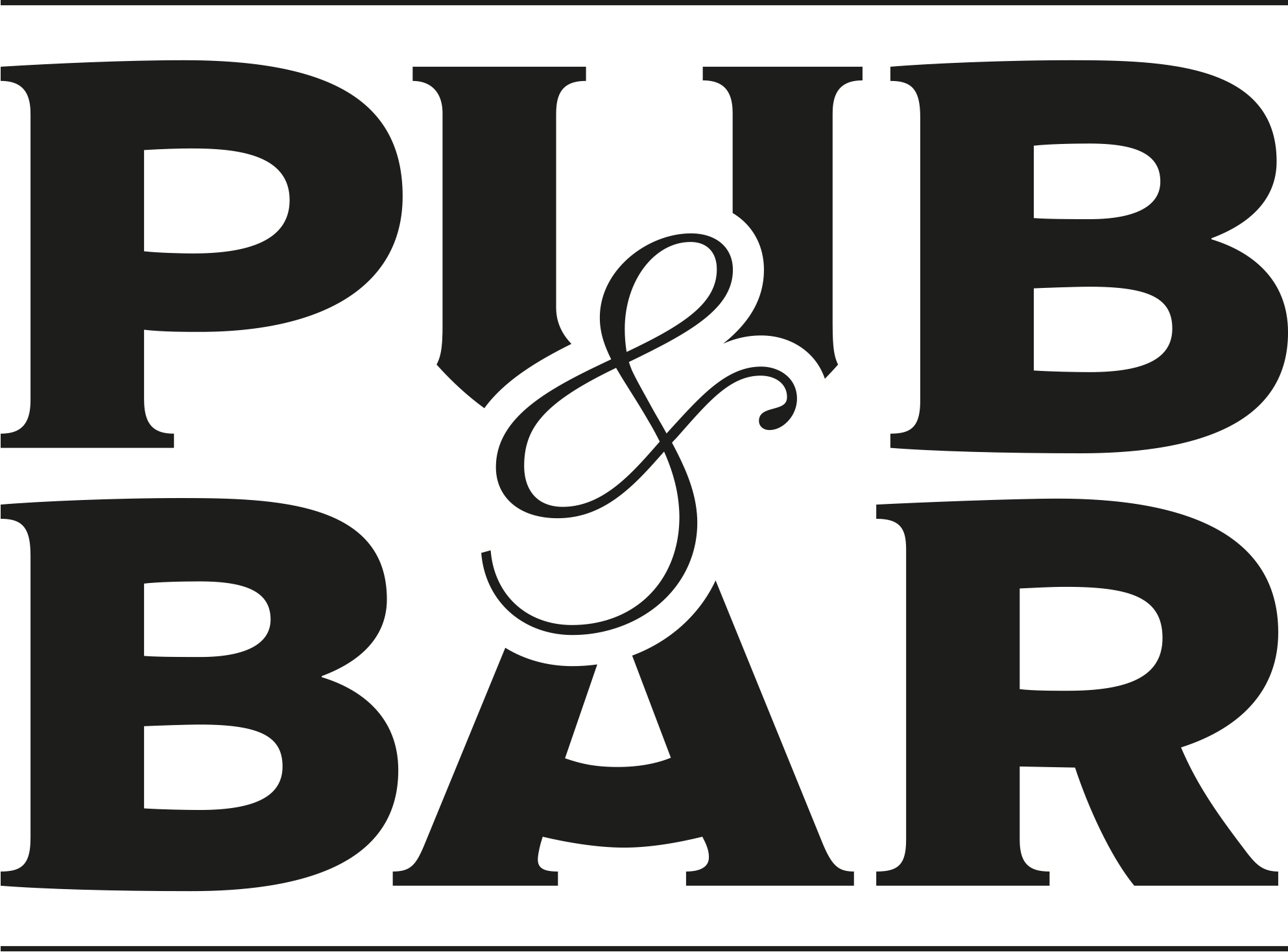
When it comes to interviewing the operator behind any pub or bar business in the UK, the way it usually goes is we either find an outfit we admire, quickly seek out the owner and ask them for a chat, or, we are introduced to the company via a PR agency who asks if we’d like to interview their client. Whichever the order, the hope is that ultimately we are impressed with the operation and want to showcase it to our readers. Typically, these two set-ups are the norm.
Occasionally, however, an alternative timeline occurs whereby we are just happy customers of the business in question and, when the time is right, ask the people we’ve gotten to know and admire if they fancy having their sound on-trade philosophies shared with tens of thousands of peers. And you know what? It’s not always everyone’s cup of tea. It certainly wasn’t in Isaac Tooby’s (above left) plans when I first met him back in late 2017 in one of his pubs, The White Horse in Peckham. Trade media just didn’t really appeal to him and his three co-founders of Parched London, which is entirely fair enough. But fast-forward six years and Parched has been busy celebrating its 20-year anniversary, which included obtaining the services of a PR agency to secure them some interview time. And so, we have come full circle.
I lived in south east London for the best part of 12 years, so you could say I have known Parched for over half of its lifetime, but it was its sites in Peckham – The White Horse and The Montpelier – I knew best, regularly popping in to enjoy their bespoke blend of quality food and drink, community atmosphere and unique independence. I was also a huge fan of a venue Parched ran for a short time inside an operation called Peckham Levels, but we’ll touch on that shortly. The main point is Parched has survived and (for the most part) thrived for two decades now, which felt like a great excuse to ask Tooby for that interview again. With a PR push behind him, this time he happily agreed.
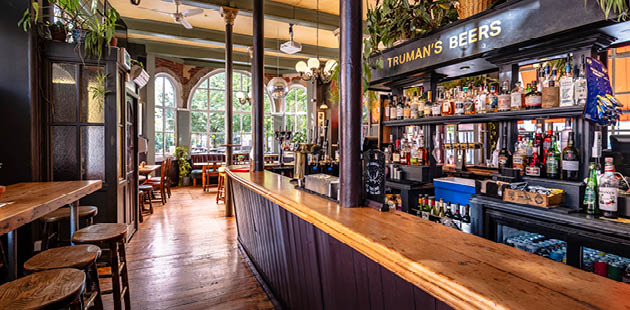
From barmen to boss men
It’s not often you find a pub company equally run and owned by four individuals, but that’s how Parched does things. Tooby and his three co-founders Michael Robinson, Neil Watson and Shane Ranasinghe are the faces of the business and have been running it since the day they decided they could probably do things a little better than the bosses they were working in pubs for.
“We all worked in pubs in the late 90s and early 2000s,” says Tooby. “We didn’t want to work for somebody else and we thought we could do some things better. There wasn’t really any real ale around and most people didn’t clean their lines on a regular basis. We thought we could do it better, so that’s what we did. And we’re still trying to do that – every year we are trying to improve.”
With two decades of south London success behind them, the Parched estate is now made up of The White Horse, The Montpelier, The Roebuck in Borough, The Railway in Streatham, Grove House Tavern in Camberwell and, the most recent project, The Earl of Derby in New Cross. It is the latter that Tooby and I sit in on a quiet Wednesday morning when questioning and contemplating getting to six sites over the past 20 years. Is that growth not… quite slow, I ask?
“Ghost Notes nearly flattened us,” he says, head in hands. For 99.9% of people, this bizarre declaration would be hard to make sense of, but I knew exactly what he meant. Ghost Notes, a late-night venue complemented by a restaurant named Wild Flower during the day, was the operation Parched ran in converted carpark concept Peckham Levels during 2018/19. It was, in the eyes and ears of this humble journalist, a cracking product. However, for a number of reasons Tooby would prefer not disclosed in this piece, they had to shut it down after just over a year.
“We lost over £500,000 on Ghost Notes, which was a massive installation,” he says. “We were promised things in terms of the content and the build which weren’t delivered on. There were certain things in the contract whereby it was going to be acoustically insulated and it wasn’t, so we had to sort that. In the end, we had a small payout, a tiny payout when compared to what we’d paid to put in all of the acoustic works.
“But in 2015/16, we were flying. We did The White Horse, Pop Brixton, The Queen’s Head in Stockwell and then Ghost Notes – four over two years. But two of them failed… badly. That really set us right back. The Queen’s Head was the other one. We took over an institutional pub and we were seen, for the first time in our lives, as gentrifying an area. Usually, we are seen as saving pubs and doing good stuff in the community and engaging with it, but one publication said something about us gentrifying it and it wasn’t good. So, we had to walk away. Financially that was a big hit.”
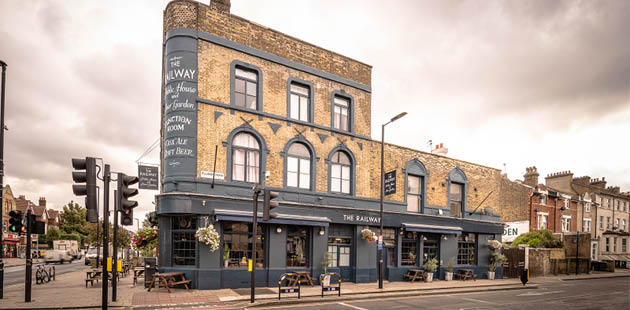
The Railway in Streatham, London
The gentrification generation
Tooby is a free-flowing and confident interviewee, talking eloquently about operating pubs unique to the areas in which they sit, but the topic of gentrification is clearly an uneasy one for him, and understandably so. Do Parched pubs benefit from the affluence and disposable income of an area increasing? Of course. Do Parched pubs look after the locals who were there before them? Undoubtedly. But do Parched pubs contribute to gentrification and, potentially, contribute to some of those locals having to move further out of London? Perhaps. No wonder he finds the matter conflicting.
“It’s hard to talk about,” he admits. “In essence, we are barmen and publicans at heart. We want to run pubs for the people who live around them. That’s all we want to do. And every pub that we’ve ever taken, it’s been failing in a non-sustainable way and that’s why it’s been on the market.
“So, we take on pubs and make them sustainable. In terms of gentrification, I think it’s kind of the nature of the beast in London and always has been, and it just gets bigger every year. When I moved to Brixton in 1999, man it was a different place to what it is now. But I don’t really know what to say about that. I’m part of it, I guess, but is it a positive thing? It’s not positive for everyone, because people get priced out and have to move out to Croydon and everywhere else. But in terms of the buildings and in terms of the businesses that we take on, it’s positive for the sector in general. It’s a bit of a tightrope, I suppose.”
While there’s discomfort over the matter, as a former south east London resident, I’d argue it was never the Parched pubs that were seen to be contributing to the gentrification of Peckham and its surrounding villages. Yes, there were usually a number of thin-moustached suspects knocking around their sites, all with tiny beanies resting on top of their heads, but they were ordering beers shoulder-to-shoulder with seniors who have been drinking in those pubs for decades. This is where Parched nails the community aspect of its business. Despite the revered reputation their sites and offers may have with hipsters and the like, their businesses are loved by guests of pretty much all local demographics.
“At The White Horse, we do the ‘Four O’clock Club’, which is basically most drinks for £4. That’s for all the old boys that have drank in there for 30 years. And they all drink in there still. They love it and they feel completely looked after.
“In terms of when we’re talking about community, this pub [The Earl of Derby] had been boarded up for 10 months and we got into a bidding war with a property developer. We did our best and final and won the bid, and we took the pub over. The community were overjoyed that we were keeping the pub open and that we were local operators and that they knew us. This is what we do.
“And then we listen to what people want, right? It’s just a case of understanding and listening to what people want and then giving them that. So, here on a Monday we have some people that come in and do flute playing, on Tuesday we have the quiz upstairs, on a Wednesday we have a choir upstairs. It’s about trying to give them the space to use this pub as a community asset, because that’s what it is.”
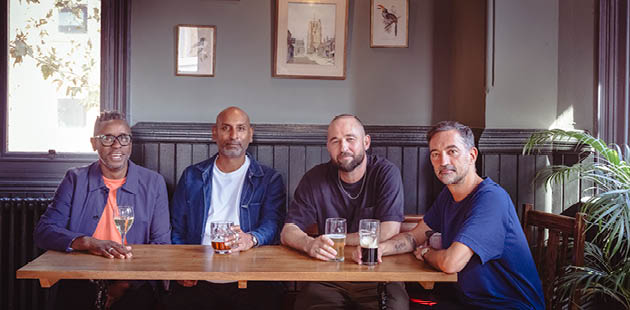
(L-R) Parched founders Michael Robinson, Shane Ranasinghe, Isaac Tooby and Neil Watson
Parched and proud
The conversation of having a varied customer base takes us onto the late-night element of Parched. At night, these venues ‘go off’ as the kids would say. Do the kids still say that? I don’t know, and neither does Tooby, who admits that keeping in touch with youth culture definitely requires assistance from the Parched team born this side of the millennium. Especially when considering that these late-night operational shifts have been the biggest changes he has seen over the past 20 years.
“I think one of the big changes for us has been trying to integrate a bit of a dance into the pubs,” he says. “And that’s had a massive impact on the way we’re perceived. Larger businesses don’t have the local DJ, the cool guys that bring certain people in and get a pub dance going. And we do that at most of the pubs on the weekends. And I think it’s a point of difference for us, against most other pubs. We started doing it at The Montpelier in 2010. It was Peckham, it was decks on the end of the bar and there was always a dance – it would just sort of happen.”
And what about his most valuable lesson learned over two decades?
“I think the biggest lesson that I’ve learned is always look after your trusted staff – always take trust over performance, while training and retaining them. They really do reflect the offer and business in every way, and if they’re happy, the customers have a good experience and are therefore happy too.”
Finally, before we part ways and Tooby heads off to fix a “sewage problem” at one of the sites (no one said being the boss was always glamorous), I ask what he is most proud of. Having Kae Tempest perform at Ghost Notes to a sold-out crowd? Securing the first freehold in the Parched estate? He takes a moment to consider the many moments that fill a 20-year story.
“We just had our birthday celebration at The Roebuck, with about 250 people made up of so many old staff, so many old locals, friends and family,” he pauses again and catches his breath. “We were so, so anxious about it, as it was such a big deal for us. That was a celebration of 20 years and I was really proud that night. I’m welling up just talking about it.”



